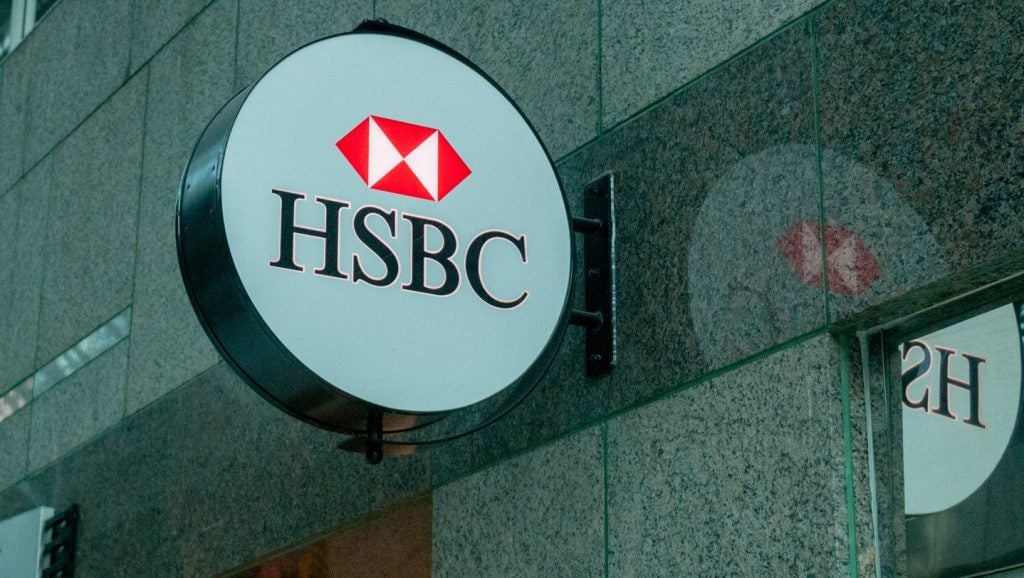
A move by the UK parliament to introduce public ownership registries in its overseas territories by 2020 appears doomed to be ineffective as tax transparency measures already exist, according to experts.
It is also likely to lead to HNW individuals simply transferring assets to crown dependencies or areas not governed by such laws.
The warnings come after MPs in the UK House of Commons backed an amendment to the Sanctions and Anti-Money Laundering Bill on 1 May paving the way for British overseas territories to introduce public registers aimed at revealing the owners of company assets in each jurisdiction by the end of 2020.
However, the amendment does not relate to the UK’s Crown Dependencies.
Crown dependencies include Guernsey, The Isle of Man and the Channel Islands.
Sanctions and Anti-Money Laundering Bill
How well do you really know your competitors?
Access the most comprehensive Company Profiles on the market, powered by GlobalData. Save hours of research. Gain competitive edge.

Thank you!
Your download email will arrive shortly
Not ready to buy yet? Download a free sample
We are confident about the unique quality of our Company Profiles. However, we want you to make the most beneficial decision for your business, so we offer a free sample that you can download by submitting the below form
By GlobalDataThe bill has passed all stages in the House of Commons and will be returned to the UK parliament’s upper chamber, the House of Lords, in a stage known as “ping pong” where it will travel back and forth between both houses until they agree on the terms of the bill.
The House of Lords will consider the Common’s amendments on 21 May 2018.
The MPs’ action to improve the transparency of offshore centres follows the “Paradise Papers leak” in early November 2017 causing 13.4m files to be exposed from offshore law firm Appleby.
Before that, a data leak known as the Panama Papers took place, exposing 11.5m documents reportedly showing how HNW individuals had used offshore tax havens to evade taxes.
Private Banker International (PBI) interviewed experts to see if the move would prevent tax evasion and money laundering.
The research shows that most experts think tax transparency already exists, rendering the policy ineffective.
They also warn of a transfer of assets that are currently in overseas offshore centres such as Bermuda, the Cayman Islands and the British Virgin Islands to centres that are not forced to reveal the owners of pubic registers.
Commenting on the latest move by parliament, Geoff Cook, CEO of Jersey Finance-an international centre with the objective of developing Jersey’s financial services industry- says: “What people are not understanding in this argument is that there is already an enormous amount of tax transparency between business, tax authorities and regulatory authorities.”
Common Reporting Standards
Cook says the measure will not add to tax transparency, because the Common Reporting Standards (CRS) has already mitigated tax evasion.
CRS was introduced in 2014 by the Organisation for Economic Co-operation and Development to facilitate the automatic exchange of financial information with other jurisdictions.
Cook says: “We have already started exchanging information on an automatic basis. So the British government has all the information that it needs on value that is established in Jersey and that there is no criminal activity.”
Cook adds: “What is being campaigned for is the ability for journalists to access that, NGOs and other organisations.
He continues: We believe they don’t have a right to that type of information which is clients’ confidential data.”
Alex Ruffel, tax partner at legal firm Irwin Mitchell Private Wealth, says: “We assume that like the UK system, it will rely on self-reporting from the companies and their owners and this gives rise to obvious issues. It will probably lead to greater transparency in respect of the affairs of those who report honestly, but possibly not the dishonest who are the actual targets.
Ruffel adds: “The impact of the CRS on the British Virgin Islands on transparency and anti-money laundering is far greater than the register of beneficial ownership ever could be.”
Concerning the latest amendment to the Sanctions and Anti-Money Laundering Bill, Dhana Sabanathan, a partner at law firm Winckworth Sherwood, says: “These [overseas] territories already make available beneficial ownership information to UK tax and law enforcement agencies. So it is worrying that this is not considered sufficient to identify and prevent money laundering.”
Eoin O’Shea, CEO of risk consultancy Temple Grange Partners, says: “On its face, the new measures will promote greater transparency. However, they are being applied to an uneven playing field, with asymmetrical reporting obligations for Crown Dependencies and Overseas Territories within the British sphere of influence, and of course further differences with other non-British jurisdictions competing for the same business.”

Move to safer jurisdictions
The experts told PBI that several HNW individuals may simply transfer assets to crown dependencies or areas not governed by such laws.
They say this will likely defeat the government’s purpose of achieving full transparency.
O’Shea comments: “Market forces will ultimately be left to determine how this impacts the choices of preferred locations, but the least we know is that it will lead to an increasingly fragmented approach, which seems undesirable given the stated objectives to support public interest outcomes.”
Sabanathan says: “The government’s approach appears to have given little thought to the impact on the economies of these territories, some of which have been devastated by Hurricane Irma, and the unfairness created due to Jersey, Guernsey and the Isle of Man not being obliged to follow suit. It seems likely that this development will prompt the movement of assets towards jurisdictions that do guarantee privacy, such as the state of Delaware in the US.”
Ruffel comments: “There is likely to be a move to jurisdictions that do not have public registers of beneficial ownership, although those jurisdictions require full disclosure to and between financial institutions and government agencies as part of anti-money-laundering regulation and CRS etc.”
Offshore transparency appears to already be present thanks to a spate of regulations such as CRS.
At present more than 100 countries have joined CRS and the OECD could make more countries join.
Arguably, CRS has a higher chance of achieving full tax transparency across the globe, than the decision by the UK’s MPs.







